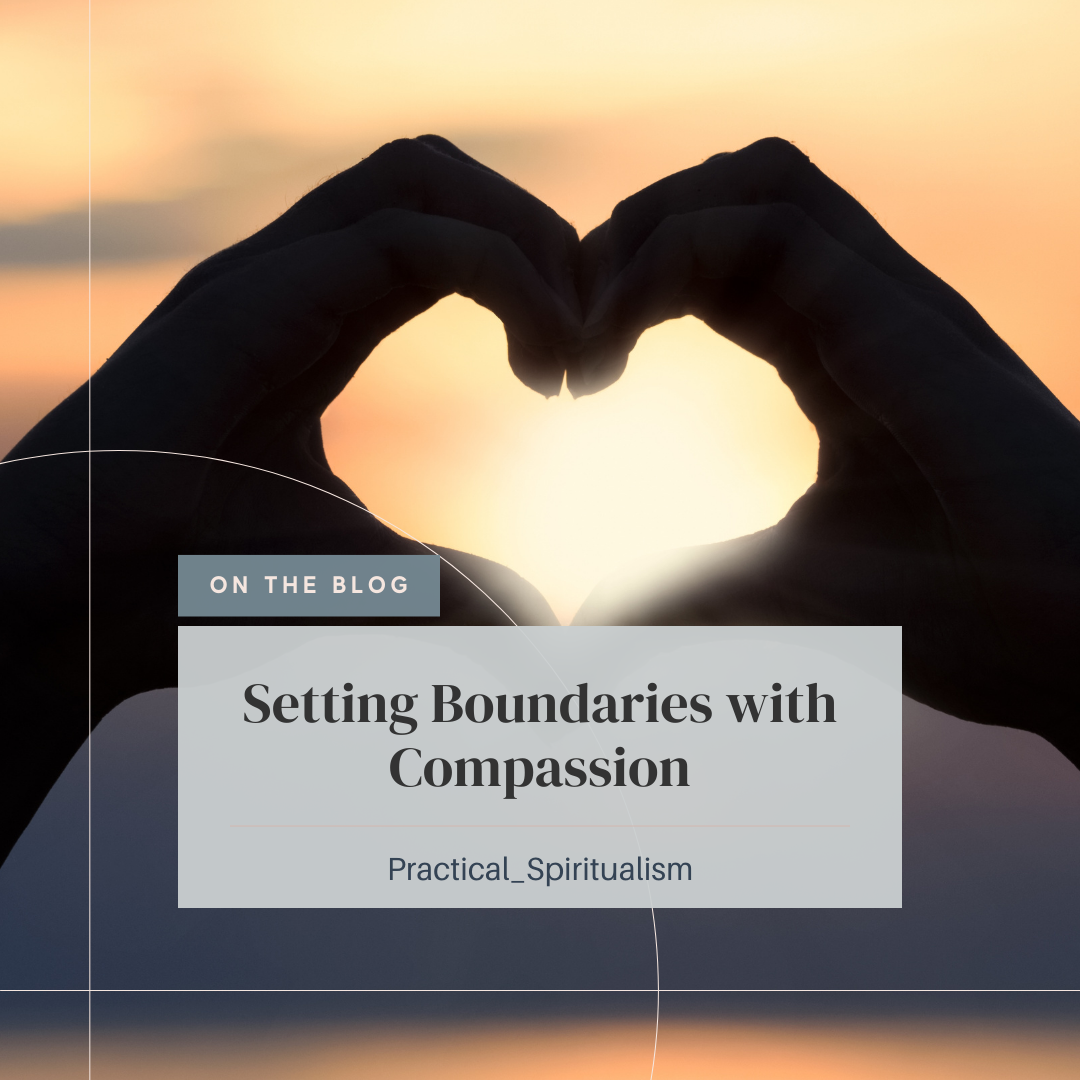Setting Boundaries with Compassion
Hello Awakening Souls,
I used to be terrified of setting boundaries. The idea of saying no made me feel physically sick. I worried that saying no would cost me friendships, love, or respect at work. This fear drove me into a cycle of people-pleasing. While it benefited others, it left me depleted.
It wasn’t until I started creating boundaries that I began to respect myself—and even like myself. Boundaries are not about pushing people away. They’re about building a bridge to healthier relationships and a life where your needs are honored.
This week, let’s explore how to communicate boundaries with both clarity and care. By balancing kindness with firmness, we can honor our needs without compromising the feelings of others.
Why Boundaries Matter
Boundaries are a form of self-respect. They teach others what’s okay and what isn’t, creating space for mutual trust. Without them, we can feel depleted, resentful, and overwhelmed. Setting healthy boundaries helps us:
Protect our time and energy.
Create more fulfilling relationships.
Stay aligned with our values.
The Compassionate Way to Set Boundaries
Setting boundaries doesn’t have to feel confrontational or guilt-inducing. Here’s how to approach it with authenticity:
Get Clear on Your Needs
Reflect on what drains or misaligns your energy. Journaling prompts like “What am I sacrificing by not setting this boundary?” can help.
Identify where you need more space, respect, or support.
Use “I” Statements
Instead of blaming, focus on how you feel. For example: “I need quiet time in the evenings to recharge.”
This approach reduces defensiveness and aligns with the Law of Accountability: I am accountable for me; you are accountable for you.
Be Firm but Kind
It’s okay to say no without overexplaining. A simple, caring response like: “I’m sorry, I can’t commit to that right now,” is enough. Overjustifying can weaken your boundary.
Acknowledge Others’ Feelings
Show empathy by validating the other person’s perspective. For example: “I understand this might be disappointing, and I appreciate your understanding.”
Practice and Adjust
Start small to build confidence. Role-playing can help, but don’t over-rehearse—stay present and authentic.
Common Challenges and How to Overcome Them
1. Guilt:
Saying yes to others often means saying no to yourself. You are worthy of the same kindness you give others.
Remember: saying yes when you don’t mean it fosters resentment, which isn’t fair to you or them.
2. Fear of Conflict:
Approach conversations calmly and with clear intention. You’re not responsible for others’ reactions, only for expressing your truth.
3. Resistance from Others:
Acknowledge their feelings, but don’t compromise your boundaries to appease. Deep breath. You’ve got this.
An Invitation to Explore Deeper
If you’re ready to dive deeper into this work, consider joining one of our transformative boundary-setting programs:
Boundaries 101: A self-paced six-module course with live monthly coaching for 90 days.
Boundaries Empowered: Launching January 9th, this eight-week journey offers live coaching, community support, and tools to reclaim your energy.
Final Thoughts
Setting boundaries is a gift—not just to yourself but to those around you. When you honor your needs, you create space for relationships to flourish in authenticity and respect.
Are you ready to step into empowered boundary-setting with compassion? Let’s walk this journey together.
I see the Light in you, and it is brilliant!
Brightest of blessings,
Dawn xo
The Awakening Light
PS: Share with us in The Awakening Circle, our community for conscious living.
Want support?
Book your free, NO SALES, 20-minute boundaries assessment.
Read next Discover Your Core Values

